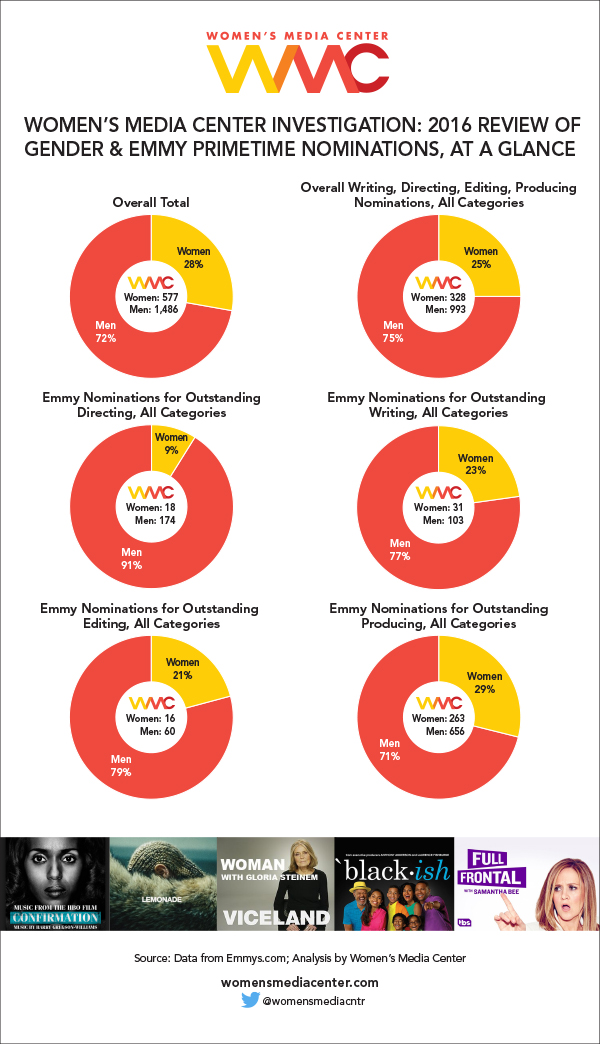I am ending this campaign today, and I will say that through the 6 weeks in doing this I have learnt alot about female empowerment and support.
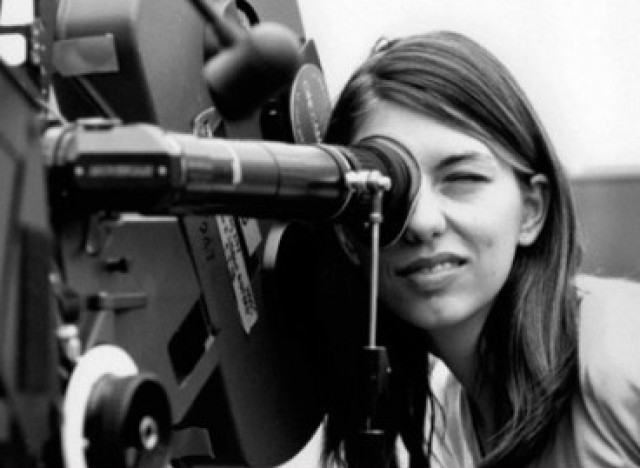
Continue reading “It’s coming to an end: so what have learned?”

I am ending this campaign today, and I will say that through the 6 weeks in doing this I have learnt alot about female empowerment and support.

Continue reading “It’s coming to an end: so what have learned?”
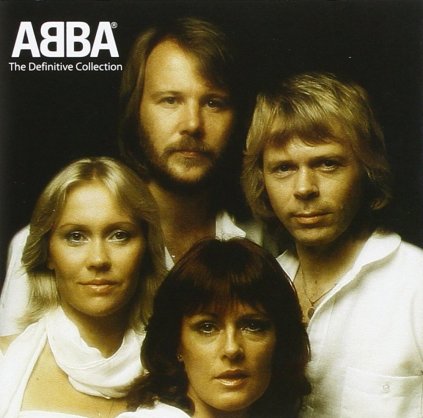
Sweden is not just the land of Ikea, Abba and Alexander Skarsgard: it is also a leader in gender quality in the arts.
Anna Serner became the CEO of Swedish International Film Festival in 2011, and saw the disparity between male and female directors. Through her tenure as the CEO she has seen a rise from 26% funding going to female directors, to now 50%. In 2015, Sweden saw complete equality in the directing jobs.
This is an amazing achievement, and one that I think should be implemented across all film industries. By taking affirmative action, Serner was able to not only bridge the gap in the film industry but it actually helped the Swedish Film Industry flourish.
“In 2014 we had 50 per cent female directors, 55 per cent female scriptwriters and 65 per cent female producers. We like to measure over five years, but in the past three, we have had 43 per cent female directors, 49 per cent scriptwriters and 53 per cent producers.”
Women have also started to dominate Sweden’s annual film awards; their Oscars if you will. Could you imagine if Hollywood and Australia enacted these same policies? Studio bosses and other directors are afraid to give female directors a chance, but this shows that by taking acting, by actually implementing policy it can affect change.
What do you think of this? Is it tokenistic, or should it be the way forward?
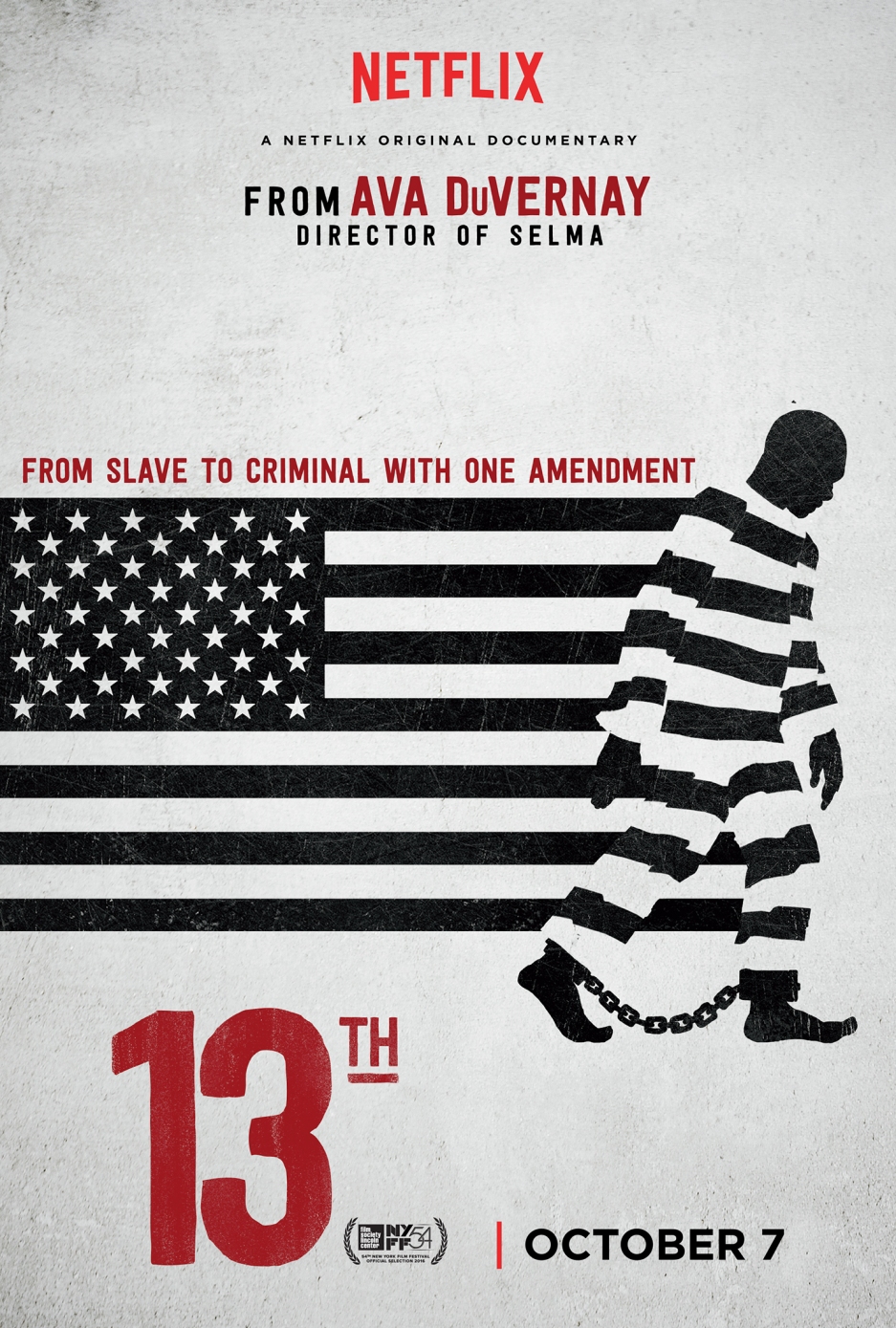
“Neither slavery nor involuntary servitude, except as a punishment for crime whereof the party shall have been duly convicted, shall exist within the United States.”
The 13th Amendment
Ava DuVernay’s powerful, and at times frankly disturbing documentary illustrates how the 13th Amendment has lead to mass incarceration of African Americans in the US. The documentary an evocative exploration of how racism and coded language is able to permeate the fabric of American life and society; and the effect of mass incarceration on future communities. Now I am not an American, and my knowledge of the American criminal justice systems comes from television and documentaries, but I was shocked at mandatory sentences for minor crimes. It just seemed ludicrous to me that minor drug crimes would be seen as seriously as major crimes.
The documentary masterfully shows the link between slavery and the prison culture that we know today; and the use of timelines and statistics are extremally important in creating context. But what I also liked is that no politician got off unscathed. DuVernay puts the Clinton’s on blast for Bill Clinton’s ‘3 Strikes’ Bill, which admittedly he now regrets. But Hillary also doesn’t come out unscathed, with a speech she did about criminal youth. At least Bill and Hillary have the comfort of context, Donald Trump’s remarks about ‘the good old days’ are particularly disturbing. We all know that Trump is a misogynist and racist but seeing it spelled out so brutally, and juxtaposed with imagery of the civil rights movement makes the words sting more.
Ava DuVernay has crafted a masterful documentary, that should be required viewing. It is now available Netflix.
It’s almost that time of year again, I’m not talking about Halloween…I’m talking about Oscar season. The greatest of all the seasons! Here are some fabulous directors that you should be watching out for this Oscar season and in general.
5. Mira Nair
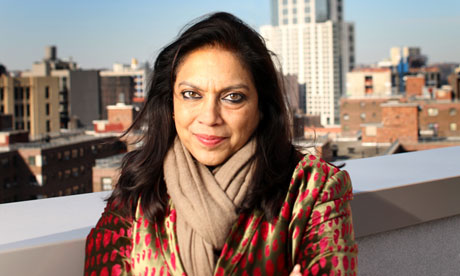
Mira Nair is an Indian American filmmaker who’s films include Monsoon Wedding, Mississippi Masala, Vanity Fair and The Reluctant Fundamentalist. Her current film, Queen of Katwe, stars Oscar winner Lupita Nyong’o and looks like a visual feast for the eyes. Already a BAFTA winner, Mira Nair’s films are provocative, colourful and cinematography gems.
4. Amma Asante
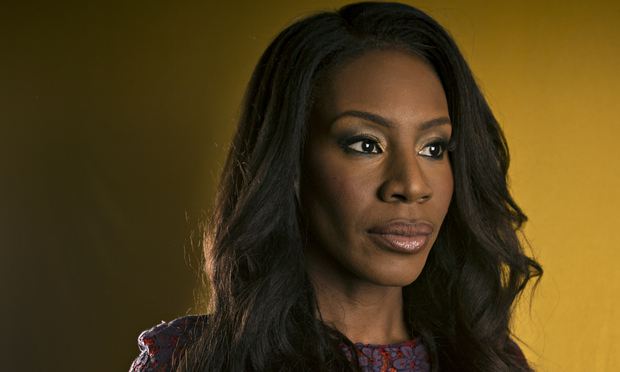
Amma Asante is a British director, writer and a former actress. She was also the first black director to open the BFI London Film Festival with her film A United Kingdom. Her latest film is earning her critical buzz for the Oscar season. Her first film Belle, was a beautiful period film about a real life woman Dido Elizabeth Belle (Gugu Mbatha-Raw) that explored racism and sexism in 18th Century England.
3. Andrea Arnold
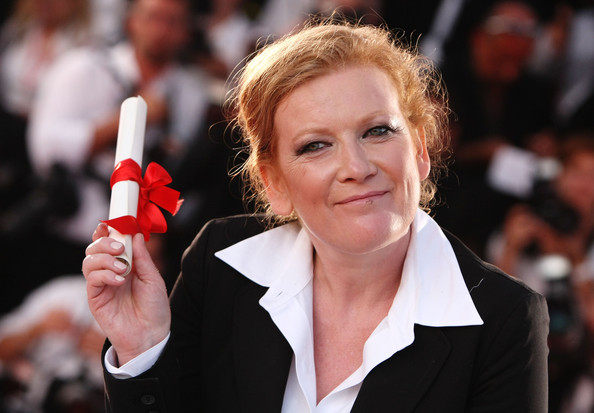
Andrea Arnold is a British director and actor, and is known for her provocative and sometimes uncomfortable films. She is a three time Cannes Film Festival award winner. Her newest film American Honey has been getting rave reviews, and if Fish Tank is any indication of her talent this film is one not to miss.
2. Kelly Reichardt
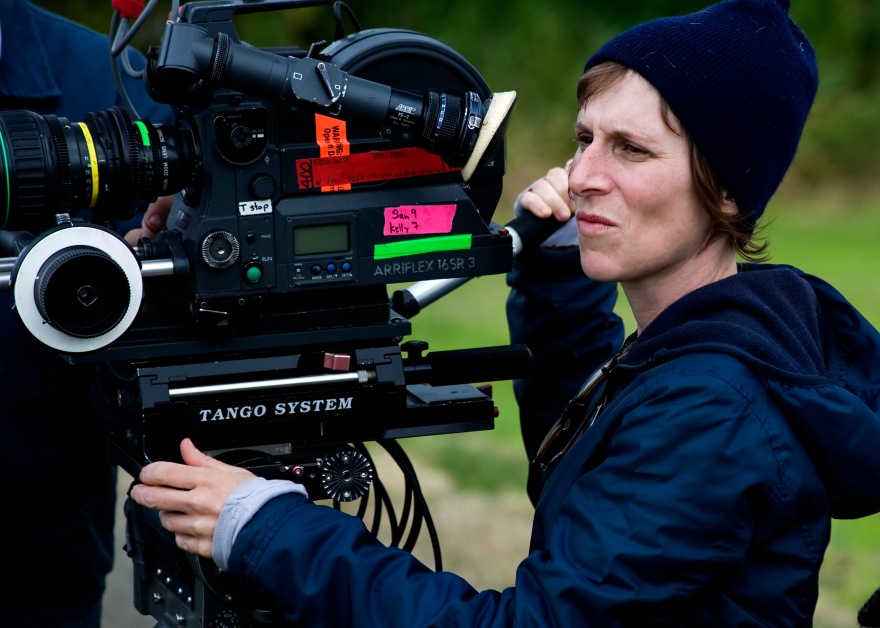
Kelly Reichardt is the indie darling of the American film scene. Her films often deal with women who have somehow lost their way, but she always directs in a very quiet and realistic manner. Her latest film Certain Women is a film that once again deals with isolation but also womanhood.
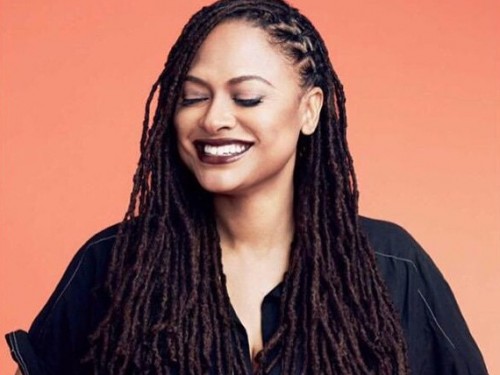
Ava DuVernay is the ‘It’ director right now. Not only does she have Queen Sugar, a television show she directs on Oprah’s OWN channel but yesterday she released her documentary The 13th on Netflix. She is also the first African American director to helm a $100 million feature with Disney’s A Wrinkle in Time.
Gilmore Girls premiered October 5 2000, exactly 16 years ago and to celebrate I’m going to give a list of why, before the November 25 Netflix premiere, you should give this gem of a show a go. Now a word of warning, this show is one of my sentimental favourites of all time, I rewatch it at least once a year so I won’t hear a bad word about it!
5. The Men take the backseat and let the women shine
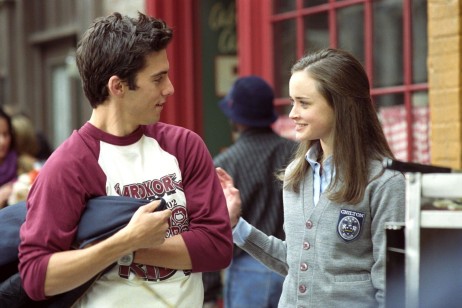
In the Gilmore Girls world the women take centre stage and the men were just there to indulge them (well not quite) but there were an endless barrage of useless male characters. Max, Digger anyone? This was a rare show where women were allowed to be the protagonist in their own narratives, and the men served as plot devices.
4. Lorelai’s a strong independent woman
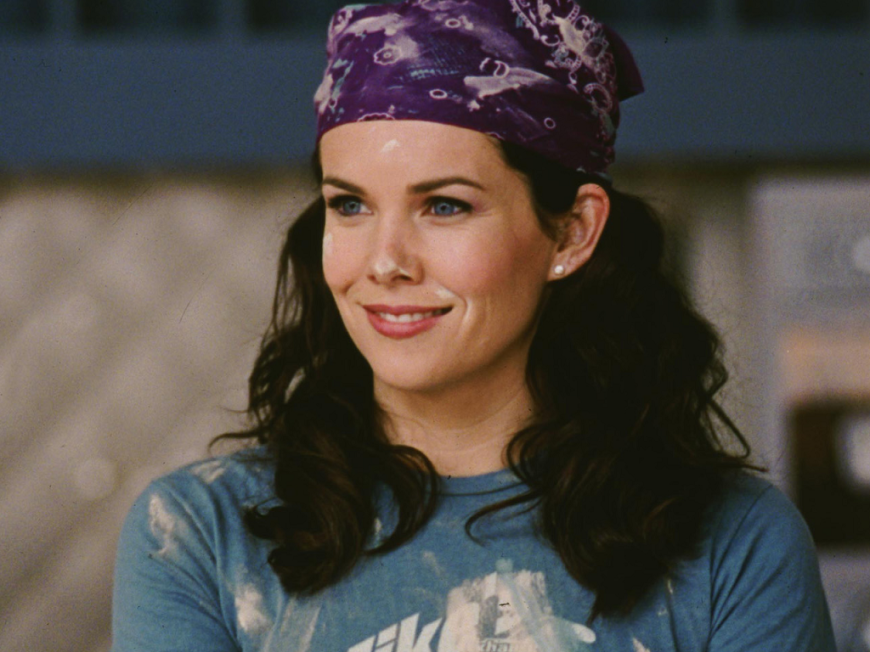
From the first moment of the pilot we get that Lorelei Gilmore is a strong independent woman! Raising a daughter alone, running a business and just being a general badass: she’s allowed to have flaws and be inspirational at the same time. But what Gilmore Girls does brilliantly is that Amy Sherman-Palladino’s writing lets Lorelei express regret about not having ‘the full package’ in terms of a family. It’s these small moments of doubt that reinforce why we love her.
3. Rory’s smart, so smart and yet so stupid sometimes
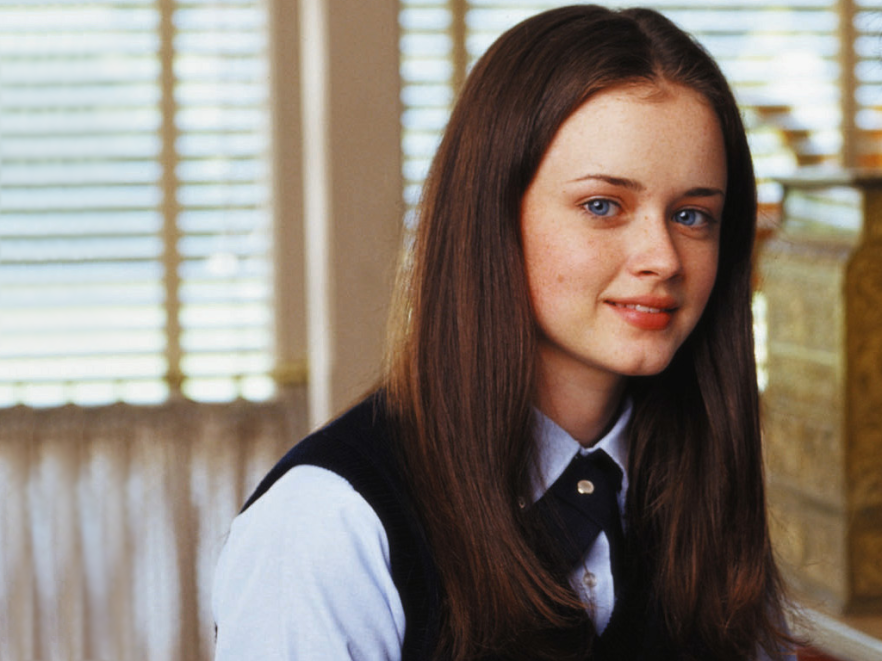
Rory’s smart, she’s bookish and nerdy but she’s also makes so tremendously stupid decisions like any young adult (the boat anyone? That damn boat!). It was so refreshing to see a young female character actually liking and enjoying reading as much as I did as a girl, and also relish academia. But what’s better is that they let Rory have a boyfriend, or boyfriends and never have to apologize for her intelligence. And she also acting realistically, missing Lorelai’s graduation for Jess, being impulsive with Logan. All of these aspects made her more three dimensional person.
2. Those sweet female friendships
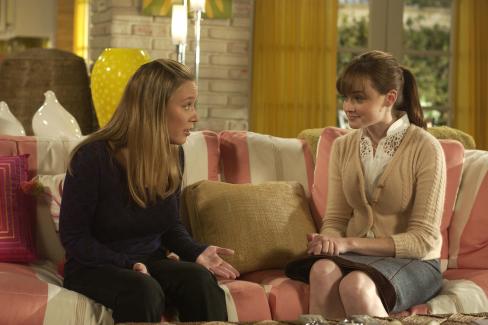
Seriously who cares who Rory ends up with, Paris is where it’s at! The best thing about Gilmore Girls is that they explore female friendships in fun, realistic and deep ways. Lorelei and Sookie has an amazing friendship, but it doesn’t mean that it doesn’t have its hardships. Rory’s relationship with Paris grows from hostility to one of general love and care. It’s important to see those sorts of relationships reflected on screen and Gilmore Girls gave us them in spades
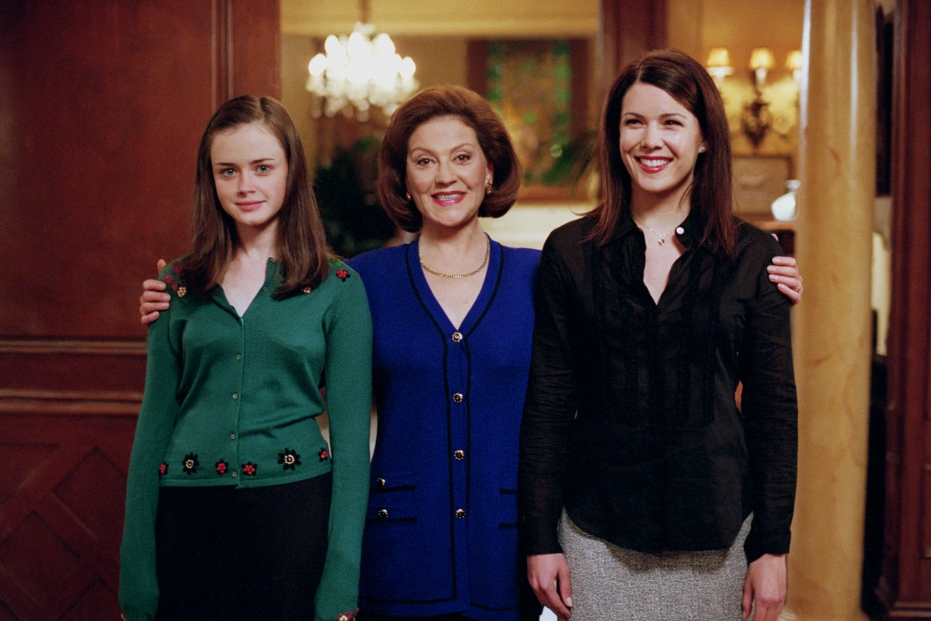
What does it mean to be mother? How does it impact you generationally if your relationship with your mother is different? All of these questions are explored in Gilmore Girls, and of course all of us want the cool mother/daughter dynamic of Lorelai and Rory but I would hazard to say that Lorelai and Emily represent a far greater majority. I love Emily Gilmore, I think everyone does, and her actions do come from a loving place but she simply does not have the tools to express her emotions. On the other end of the scale, Lorelei’s rebellion against her mother, leads her to do some not so great things on the mothering scale…but this cross generational shift is what makes Gilmore Girls so compelling. It makes you look at your own relationships
Ok tell me what are your favourite episodes, favourite moments? Are you exited about the Netflix reboot…let me know in the comments section
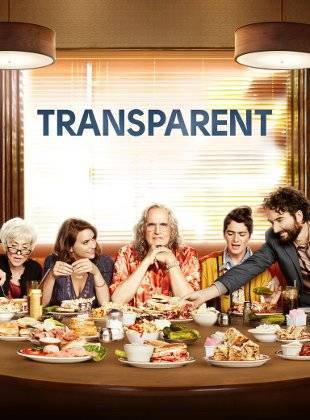
If you haven’t heard of Amazon’s Transparent then you have to have been living under a rock…no offense by it’s true. This show, now in it’s third season deals with the Pfefferman family as they try to navigate their way through life after their father reveals that he’s trans. What makes this show so special, is the way the Jill Soloway is able to weave the past into the present. I’ve said it before, but this show can be so unspeakably raw in it’s depiction of family, gender and religion that at times it does become hard to watch. But at it’s core it’s a story about family, about where we come from, about what drives our behaivour. This is an absolutely wonderful show, helmed by woman, written by women and employs trans talent both on and off screen. There’s a great article by Vulture if you’re interested.
Watch this show immediately: in the US it can be found on Amazon, in Australia it can be found on Stan.
So we’ve established the problem! It’s as clear as day, but what is the solution. Here are some simple steps that the industry could and SHOULD MAKE in order to achieve equality in the industry. And also some things that you can do…
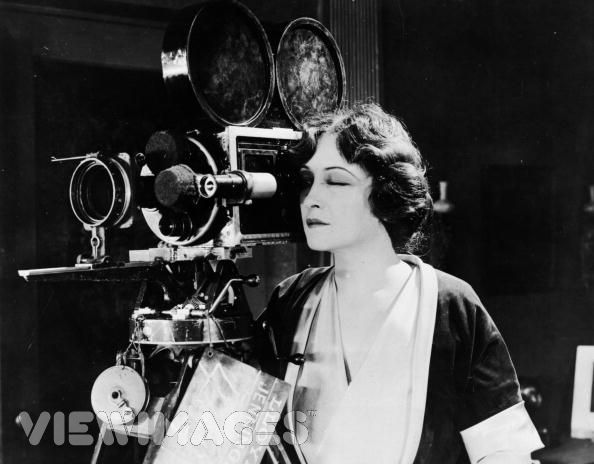
How revolutionary, how ridiculous that I should even suggest such a thing but it’s so simple. But in recent articles it’s been suggested that male directors, stakeholders and executives are ‘scared’ to hire women. What’s to be afraid of? That we’ll actually do a good job, that women have a voice that needs to be heard! I don’t understand. So hire women, and when you hire women you not only hire a female director, but she brings her team with her. Female directors, lead to female writers, to female cinematographers. The list is endless.
2. Let Us Fail
Female directors aren’t allowed to fail, period. And this leads to them harder time financing their next project. Movies aren’t a science, sometimes an audience responds to a project and sometimes they don’t. The point being that if male directors were held to such strict standards, half of them wouldn’t be working. I’m looking at you Tim Burton…
3. Percentages don’t mean equality
Of course percentages are a vital part of meeting equality, but simply relying on quotas and tokenism isn’t doing anybody any good. Equality needs to come with monitoring and systematically introducing women into positions of power across the board. There needs to be a nurturing space where women’s needs and working conditions are taken into account.
4. Scholarships and funding
We need to change the attitude of young women in regards to the term ‘director’. By giving women the opportunity to explore this career option from all walks of life, ages and backgrounds we not only remove the stigma but we are opening the door for many voices to be heard. By starting education programs, scholarship and film festivals young females will feel more included in the coversation.
5. Know Your Content
Make conscious choices, and support your fellow females. And this applies across the board. By consciously choosing female driven, and female directed projects you are showing the industry that women matter. Take up challenges, the #52filmsbywomen is a great way to start. Watch female driven content on television, on Netflix, Hulu, Amazon etc. Don’t be a passive observer. Be active, tweet at directors, actors; show them your support and change will come.
So I full disclosure, I was sitting in my French Film class the other day and we discussing Vagabond by Agnes Varda (fantastic film, watch it) and the subject of ‘feminism’ came up. Now obviously, we were studying a female director and it’s natural to assume that all female driven content is inherently feminist. But the two guys running the presentation (FYI: we have to presentations on the movies every week) had a really hard time getting their heads around the fact that the main character, Mona, was apathetic and not in their minds ‘a feminist’. And we debated feminism, and female representation of course, but it really made me wonder why we ascribe ‘feminism’ to every female made, female directed and female produced thing. I think the problem is twofold: firstly I think it’s hard sometimes to accept that female directors can be just as bad/mediocre as male directors and also we live a world of labels and it’s easier to just say: ‘ohh, this film is feminist’ and leave it at that.
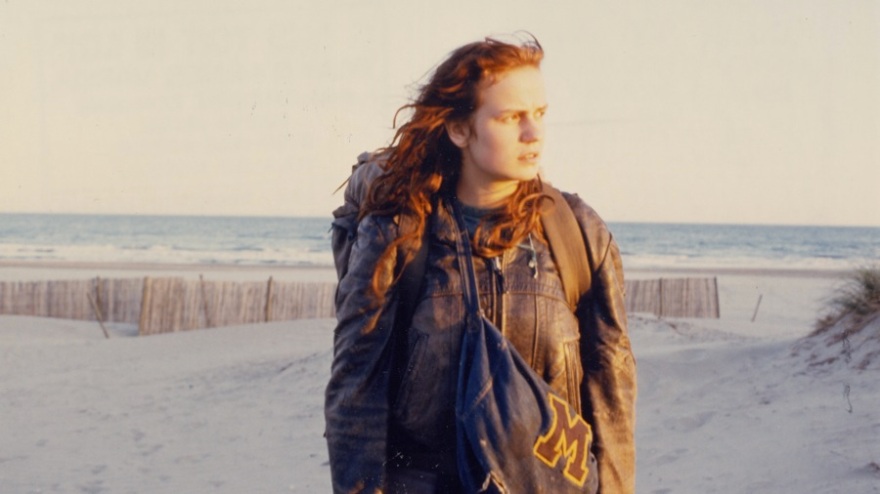
I guess my problem with such labelling is that it simply assumes that ever female filmmaker has an inherent feminist message. And I have an example: Catherine Hardwicke, who I like as a filmmaker, made one of the problematic and least feminist films Twilight, where a woman is basically stalked by Sparkle Motion and then mopes and obsesses over the glittered one for 4 whole movies. This is not a feminist film, Hardwicke doesn’t even try and portray the behaviour as being in anyway ‘wrong’ or problematic. If anything, it’s sold as romantic, and there’s the problem. And women flocked to this movie….
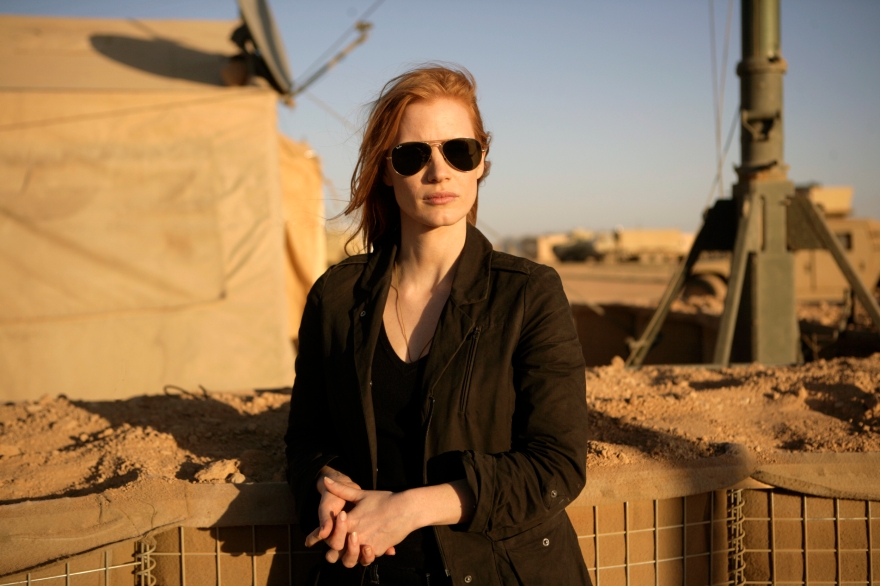
And going further than that, what does it mean when a film in ‘feminist’. While I appreciate Katheryn Bigelow is a filmmaker and believe that Zero Dark Thirty was definitely Academy Award worthy, I can’t help but think that if Bigalow made a more traditionally ‘female’ film or an indie film, there is no way that she would have even been part of the Oscar conversation. So it’s a catch 22 if you will, damned if you and damned more if you don’t. I guess it’s this type of hypocrisy that annoys me, and annoyed me during the class discussion…
During the discussion of Vagabond, the point that the two guys kept making was that Mona wasn’t proactive, that she was lazy and whether her decision to live outside society’s norms was a feminist choice. And this annoyed me, and here’s why, men are able to live out society’s norms all the time and they are not only called ‘rebels’ or ‘heroes’ but are idolised beyond belief. We have the Beatnik movement, and how many people love Hunter Thompson? My point being that when men break away from expectation, we call love them, we call them rebels. But when women do the same thing, they’re vilified for it. It’s an odd double standard. And perhaps we’re to blame, we’re used to women rebelling against society, in a Katniss Everdeen sort of way, that anything less seems foreign to us. We place such expectations on our female protagonists to fit into these boxes of activism, and being ‘kickass’ that when see a women sort of meander through life, it makes us feel betrayed by her in a way.
I’m not entirely sure what the answer is here…but it’s just something I’m pondering right now…I might write a follow up to this later when I have more thoughts.
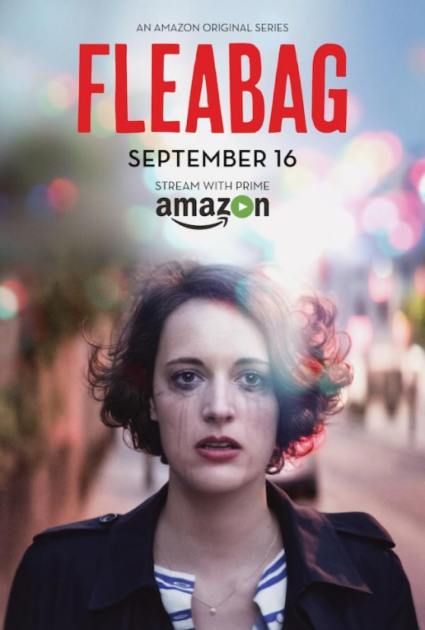
So I finished this show last, and I have to say it’s amazingly funny, sad and terribly raw. The show is written and staring Phoebe Waller-Bridge, as Fleabag a late 20 to 30 something London women who’s struggling with the death of her best friend, familial relationship and her sister.
What makes this show so relatable is how messy Fleabag is allowed to be, but also how strong. The comedy comes from heartfelt and sometimes absurd situations but you find yourself rooting her. The show has been called a ‘realistic Bridget Jones’ but I have to disagree a little there, Bridget was always a little flighty but Fleabag’s vulnerability and pain are always skimming the surface. The little touches, such as the breaking of the fourth wall and talking the audience are a great way for the audience to get glimpes into Fleabag’s mind.
This show is only 6 episodes, it’s wicked, it’s funny, it’s sad – basically it’s very very good. Watch it now!
“And here in Hollywood, the only thing that we value more than diversity is congratulating ourselves on how much we value diversity. I’ll tell you, the Emmys are so diverse this year, the Oscars are now telling people we’re one of their closest friends.”
Jimmy Kimmel
This year’s Emmys were some one of the most inclusive and diverse Emmys we’ve ever seen. But we still have a long way to go. Firstly I have to congratulate Jil Soloway for Transparent and Susanne Bier for The Night Manager. However we obviously still have a LONG way to complete gender equality in this sector.
